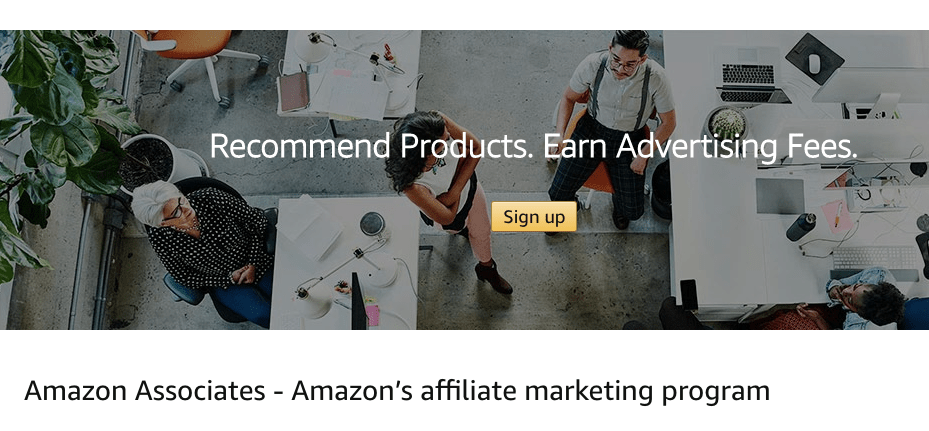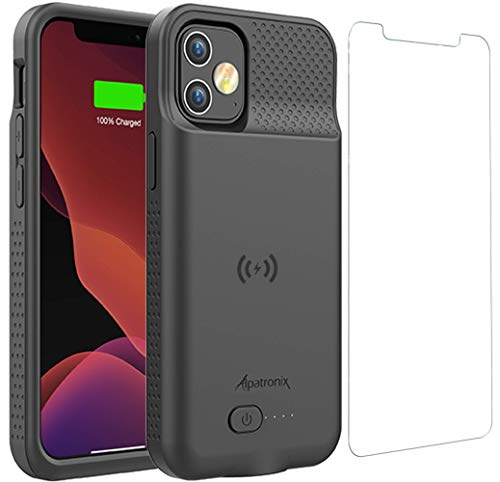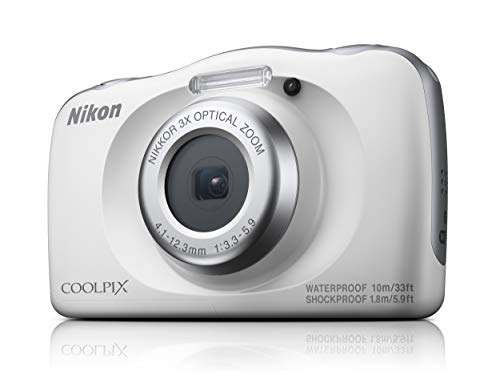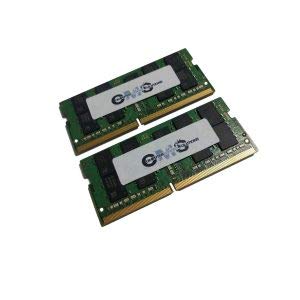If you googled this article, you probably have your own blog and are also in the Amazon Affiliate Program (as we are). Now you want to do some Google SEO and ask yourself if the link attribute rel=”sponsored” may be used.
Is it allowed to use the rel=”sponsored” link attribute for Amazon affiliate links?
But let’s start from the beginning. Google wants to know (for better indexing) if they should follow your external links. Until now, there was “follow” (if you just left the link like that, for example) and “nofollow” for this. The advantage for Google is that links marked with “nofollow” do not depart from the scarce crawl resources for your site – after all, it makes no sense to follow every Amazon or other affiliate link.
But now Google introduced “ugc” and “sponsored” in addition to the link attribute “nofollow”. So links created by you can now look like this:
- <a href="macandegg.com" rel="follow">good stuff</a>
- <a href="macandegg.com" rel="nofollow">don’t bother</a>
- <a href="macandegg.com" rel="ugc">user comments</a>
- <a href="macandegg.com" rel="sponsored">affiliate link</a>
UGC stands for User Generated Content, for example comments under WordPress articles.
In the interaction with Amazon this results in a problem: In the Associates Programm Trademark Guidelines of the partner program Amazon prohibits under point 3. to explicitly give the impression that one is sponsored by Amazon. Sponsoring is according to Wikipedia:
Sponsorship is a cash and/or in-kind fee paid to a property (typically in sports, arts, entertainment or causes) in return for access to the exploitable commercial potential associated with that property.
And that’s exactly what affiliate links are not. They work the other way round: you build them in and only get a commission when a purchase is made. So it’s understandable for Amazon to rule that out.
Google’s name choice for the linke attribute is just not good
Now the Google team has unfortunately overlooked that words have certain meanings. So the recommended use of the attribute “sponsored” now seems to give the impression that you are sponsored by Amazon. The choice for the attribute is simply bad, better would have been to use the category “money”, “affiliate” or simply “x3” to broaden the focus or not to use a descriptive word at all.
Amazon allows rel=”sponsored” for their affiliate links
The dilemma is now: Google wants to have an unsponsored link marked as “sponsored”, Amazon forbids to give the impression that they are sponsoring. So what to do? We simply asked Amazon’s affiliate support directly. Result (after some weeks waiting time and many emails until we got to the technical support): It is allowed, you may use the attribute rel=”sponsored” (unfortunately we are not allowed to show you the original email). So luckily Amazon has realized that “sponsored” only stands for a category, not for the description of an actual fact. So all Amazon affiliate partners can now use the new link attribute.
Does this have advantages for your SEO? According to Google: no. Also, you will not be punished if you do not change old “nofollow” affiliate links to the new “sponsored”. Also, it is softened whether the search engine even adheres to the attributes: in the future, the link descriptions should only serve as a hint for a Google internal rating.
Google is behaving as usual: you can, but you can also let it be, maybe it will become important, maybe not, all links should be correctly labelled, but they don’t stick to it. In short: do not drive yourself crazy. The most important information is that Amazon is intelligent enough to tolerate Google’s amateurish naming of the affilite link attribute, so if you should use the new attribute, don’t worry.
A little help for adding the right attributes to your links
If you want to name your links differently but don’t want to redesign all links in WordPress, here’s a hot tip: a script that simply appends attributes to your links and even asterisks to the description text.




